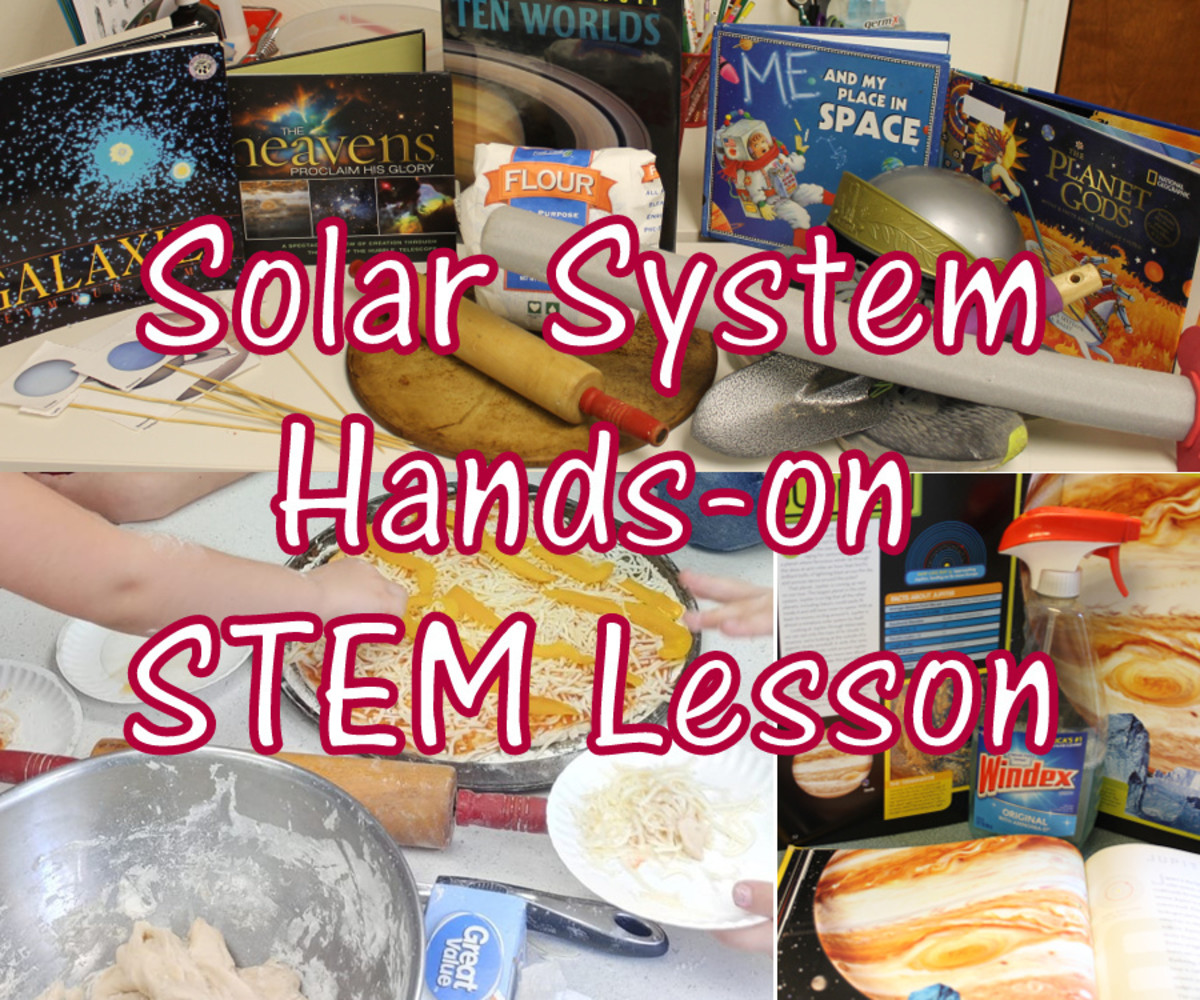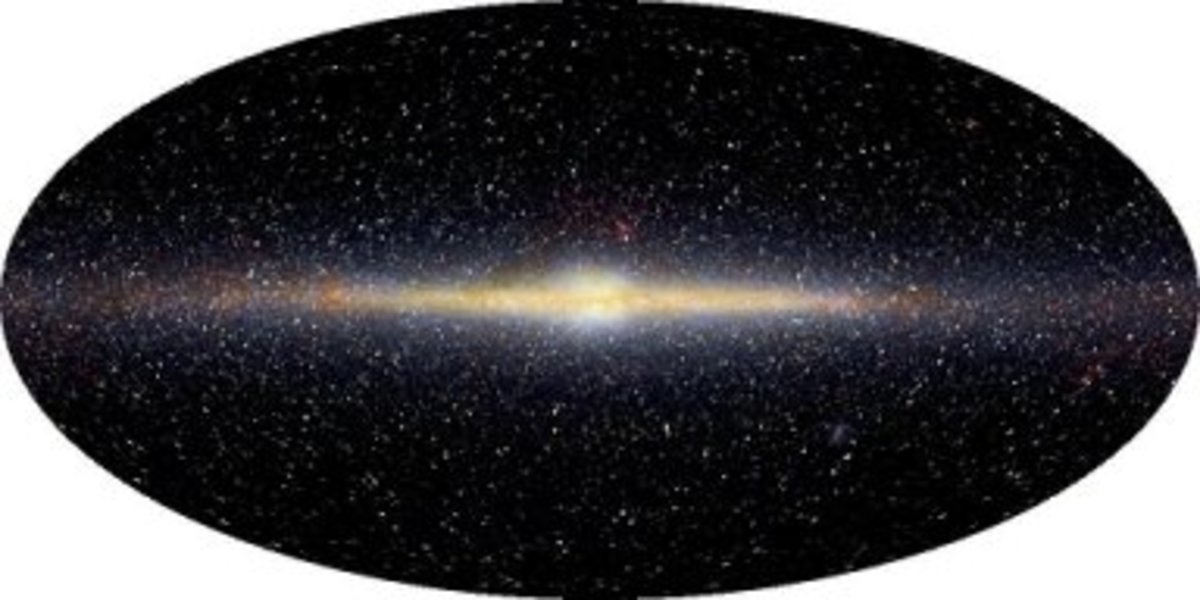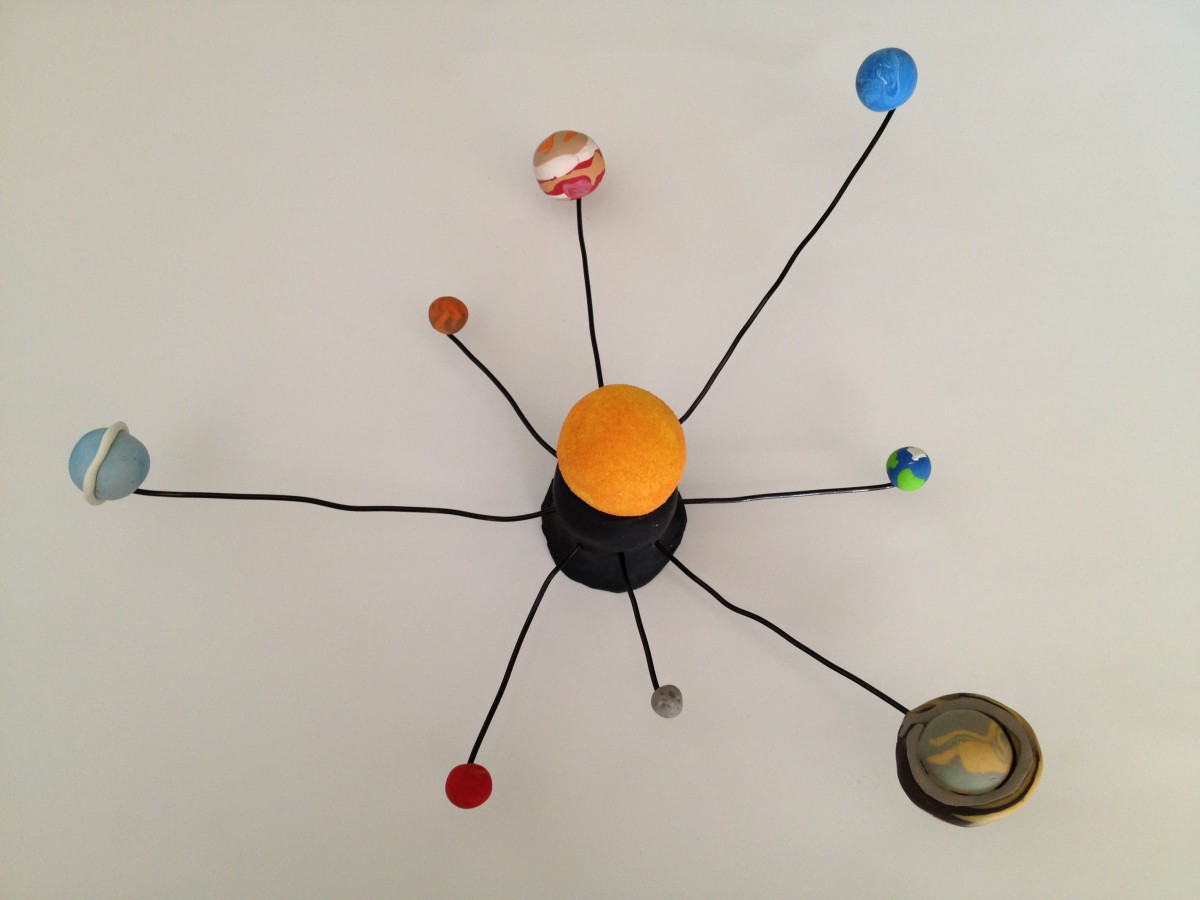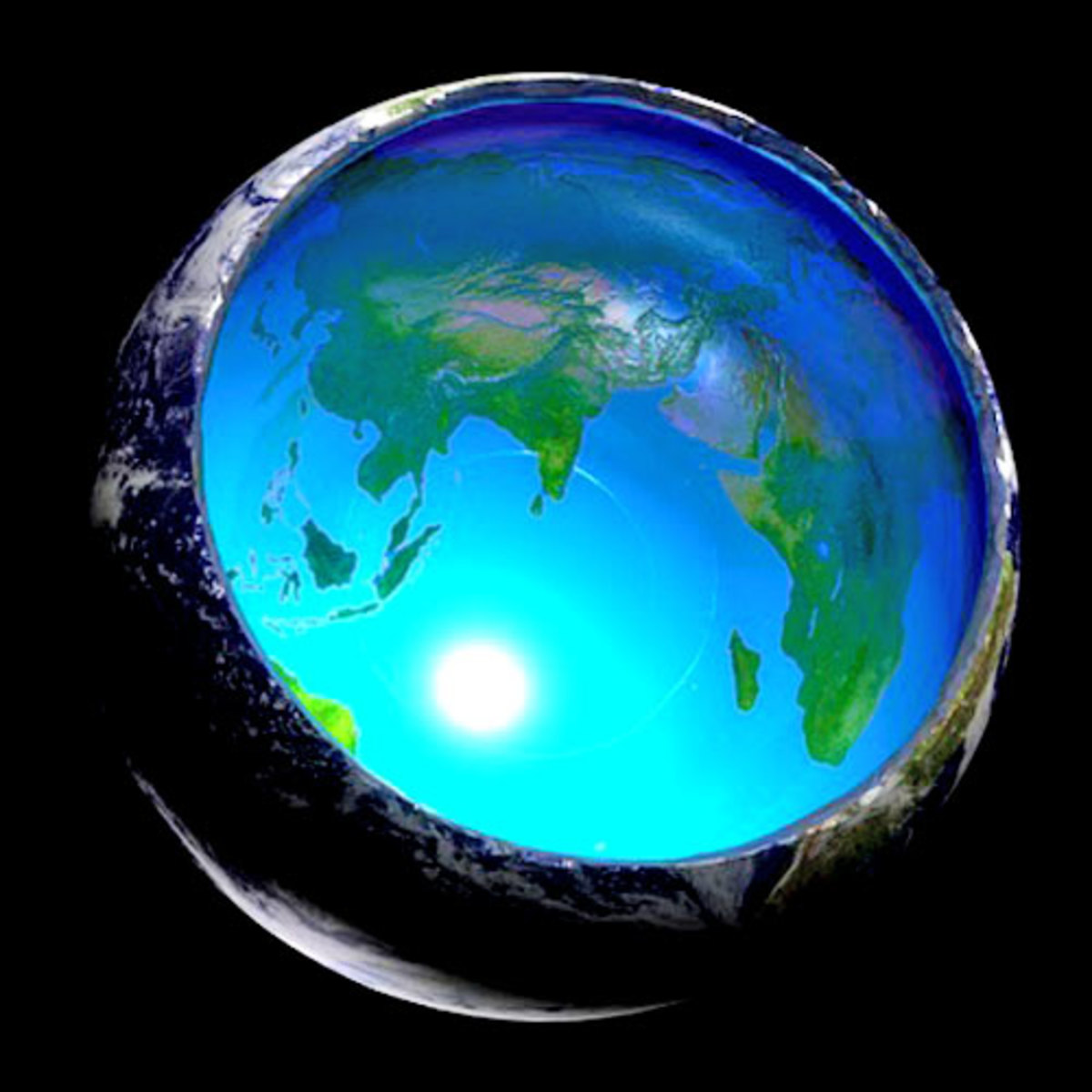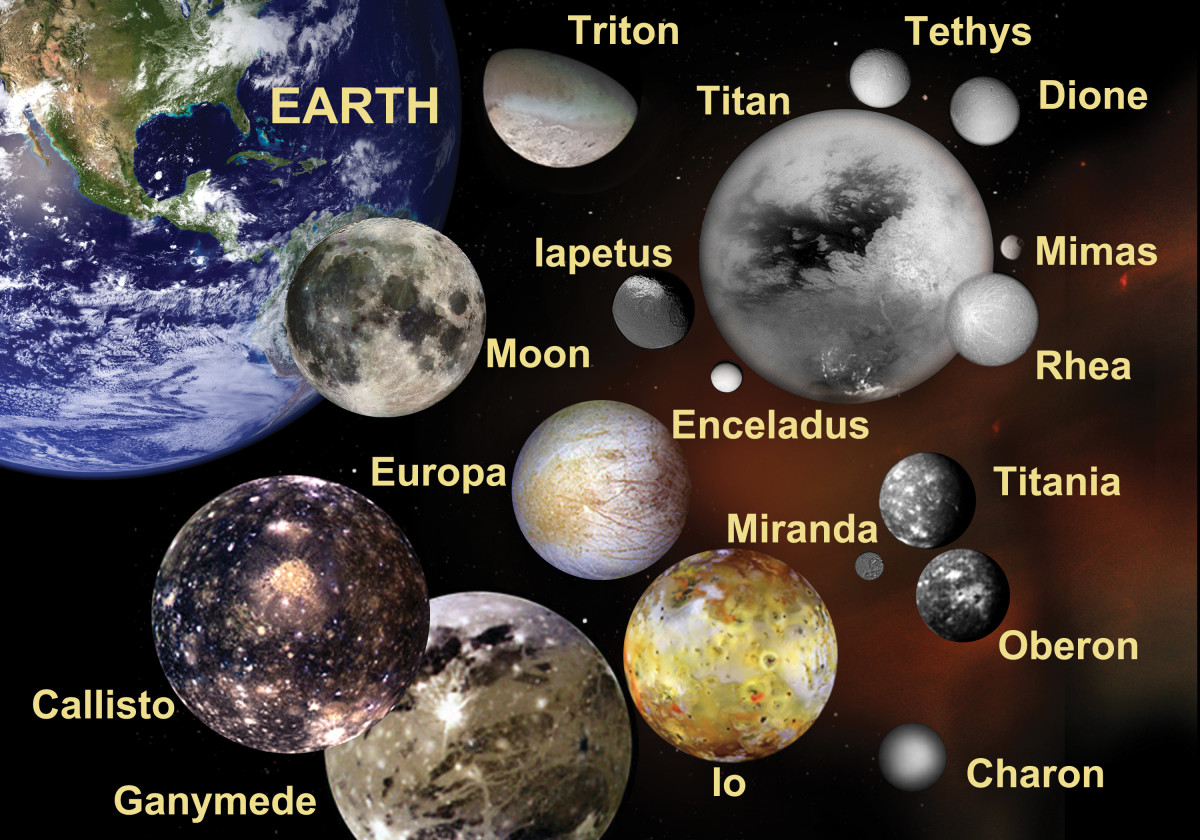Why do we care about the solar system and space explorations?
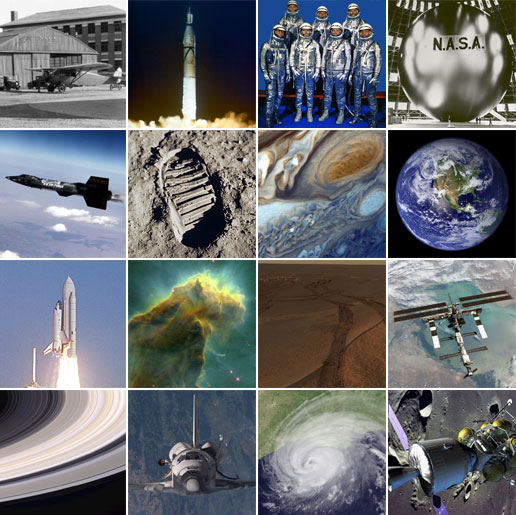
BBC Wonders of the Universe 2
By Mirna Santana
"If we do discover a complete theory, it should be in time understandable in broad principle by everyone. Then we shall all, philosophers, scientists, and just ordinary people be able to take part in the discussion of why we and the universe exist. " Stephen Hawking
Of all the world's species, the human species is the only one that we know have been able to explore the Universe. Understanding the Universe seems to be a fundamental question for our species. Scientists-- physicists, planetary scientists, and cosmologists, lead the quest for answers about the origin of the Universe and the space in general. Yet, the search for answers to big questions such as the origin of the universe, what is there in other planets, and so on, requires multidisciplinary approaches. We have advanced in our understanding of life on planet Earth, at a good pace, even before Darwin' Origen of the Species but more so after that. We are able to map the human genome and we are able to learn about small particles such as nanoparticles. Yet, the unifying equation or theory that explains the Universe and all there is--and thus our own existence is not in our hands.
I am not here to explain the Universe or the current theories, but to bring in together some ideas about why we need to continue funding research and exploration both on Earth and on the space. It is fundamental for our species in many ways.
"For small creatures such as we the vastness is bearable only through love. " Carl Sagan
Yet Richard Feynman didn't see the poetry in looking beyond when he claimed: "Poets say science takes away from the beauty of the stars - mere globs of gas atoms. I, too, can see the stars on a desert night, and feel them. But do I see less or more? "
Our ecosystem is more vast that we can see or imagine. It includes the stars, the galaxies, and many places we are yet to discover. There is no substitute for a Hubble picture showing us the solar system. There is no substitute for a close view of the sun that influences our planet and life in so many ways. What we have learned about black holes, dark matter, and details of the space and our solar system has been possible because of research and development, which allowed ever more sophisticated technologies for space exploration. Yet it is the persistence of people involved in the quest, the scientists, technicians, and also the politicians involved that have allowed us to learn about the space.
Scientists have constantly searched for explanations about the evolution of our planet, our solar system, and what lies beyond. That is only possible with public and private funding, government involvement, and the support of the public.
Scientists and governments are interested in determining if there are other planets like the earth. One of the reasons we search for life and the conditions in other planets is curiosity. The other is survival. So far we know one planet with the right conditions for our species. Planet Earth has the right atmosphere. Though many Earth-like planets have been identified, none of them is an identical twin of planet Earth. Besides that, it is still unknown whether or not we would able to successfully establish long-term human colonies in any of those planets. Can we live without water, plants, or oxygen? Could any space colony ever be independent from the Earth?
In Wonders of the Universe 2 (a TV program on BBC)-- physicist Brian Cox asks us to imagine how an earth like planet, Titan, and Alaska may be alike. Titan was photographed in 2005 and a year later scientists realized that Titan has lakes in its North Pole. Yet those lakes most likely do not contain water. So what kind of liquid is that?
Questions such as that have been addressed by NASA programs as well as by international collaborative enterprises such as the International Space Station--and by many Universities and laboratories funded with resources for space programs.
The US National Aeronautics and Space Administration (NASA) is an interdisciplinary institution in charge not only of Aeronautics and Space questions, but also big areas concerning earth, space, and the human interactions with the former two. Their main areas of research are: Studies of earth system change; changes in the sun (Heliosphere); the planetary system and the Universe, and also Astrophysics.
What is the International Space Station (ISS) and what does it do? “The ISS has been the most politically complex space exploration program ever undertaken. The principals are the space agencies of the United States, Russia, Europe, Japan, and Canada.” The ISS offers specialized National Laboratories type of facilities. This collaboration allows for a variety of multidisciplinary research. These facilities can be made available to government researchers and private industries under certain agreements.
Yet, even with collaborative research-- and technological inventions such as the colliders, the Hubble, shuttles, and space stations--we can not yet explain the Universe. Some say, we are close. Others think that humanity keeps getting fragments of knowledge--and so what our generations may not know--may be common knowledge for future generations. So for now, we need to continue the search. We may not drop the ball, because in doing so we may be harming humanity's progress--and we may not gather the information that will allow future humans to persist.
Lets remind the leaders of the world that steps such as landing on the moon, seeing planet collisions, or learning about Earth like planets were only possible because the previous and current leaders decided to pursue those goals, and to support scientists' search on behalf of humanity.
We have not yet found all the pieces that scientists believe compose the equation that explains the origin of the Universe--though it looks simple enough. If the same principles that apply to the Earth and the Milky Way are the same everywhere else--isn't it worth to complete the task at all costs?
What the scientific and technical missions do for humanity is worth keeping. Even if only to find our connections to the rest of Universe(s).
Brian Greene the proponent of string theory says "I have long thought that anyone who does not regularly - or ever - gaze up and see the wonder and glory of a dark night sky filled with countless stars loses a sense of their fundamental connectedness to the universe. " And certainly one can not look at the stars without realizing how small we are in that context--and without wondering about how do we came to be, and what lies beyond.
© All rights reserved
----------------------------------------------------------------------------------------
My gratitude to the following sources: NASA.gov, International Space Station, Brainy quotes--and to BBC Wonders of the Universe. To all the scientist studying the space and the evolution of planet Earth. They are a constant source of inspiration. To the scientist who have written for the public and by doing so have helped to increase our sense of connection with the Universe: Carl Sagan, Richard Feynman, Albert Einstein, Stephen Hawking, Brian Green, and Brian Cox to mention a few. To science writer Timothy Ferris for his many books-- and last but not least, to the stars outside my window.
NASA
- NASA - Home
NASA.gov brings you images, videos and interactive features from the unique perspective of Americas space agency. Get the latest updates on NASA missions, subscribe to blogs, RSS feeds and podcasts, watch NASA TV live, or simply read about our missio
© 2011 MSantana


